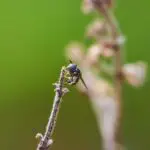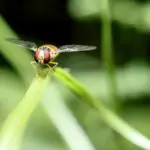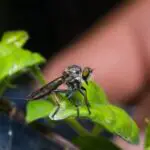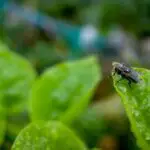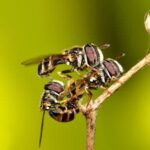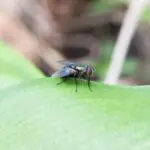Are Flies Good For Anything?
There are two sides to the question, “are flies good for anything?” One side of the debate centers on the fact that flies can be bothersome to us, and the other is that they play a role in keeping our environment clean. While many insects are scavengers, some species of flies act as detritivores, speeding up nutrient cycling and resulting in richer soil. In addition, flies also play a significant role in the balance of terrestrial ecosystems.
In addition to their ability to spread disease, flies are also important pollinators. Many plants depend on them for reproduction. Additionally, flies are a source of food for other animals. It is important to understand how flies function in the ecosystem. They are beneficial to other living things, such as ants, spiders, and worms.
Flies are attracted to carbon dioxide and heat that humans release, and they also feed on the salt and sweat on our bodies. The food they feed on is also prone to bacteria and viruses. Fortunately, the average healthy person will not be harmed by eating the fly’s egg, but it is important to know that eating flies’ eggs may cause diarrhea, cramps, and vomiting.
Flies can be beneficial to humans because they can help control germs in the air. Their lifespan varies from species to species. Some species live as long as 30 days, while others can live up to six months. Houseflies do not lay eggs on humans, but they do lay eggs on other objects and insects. Their eggs hatch into larvae and mature larvae.


